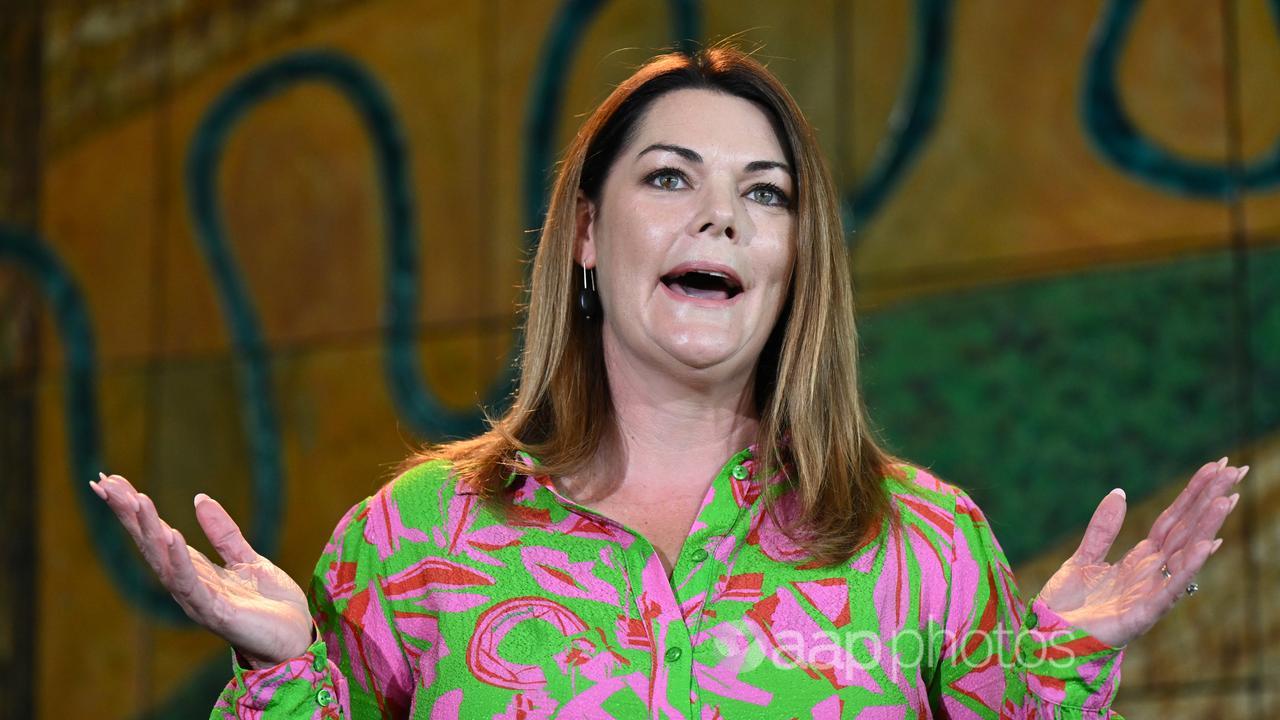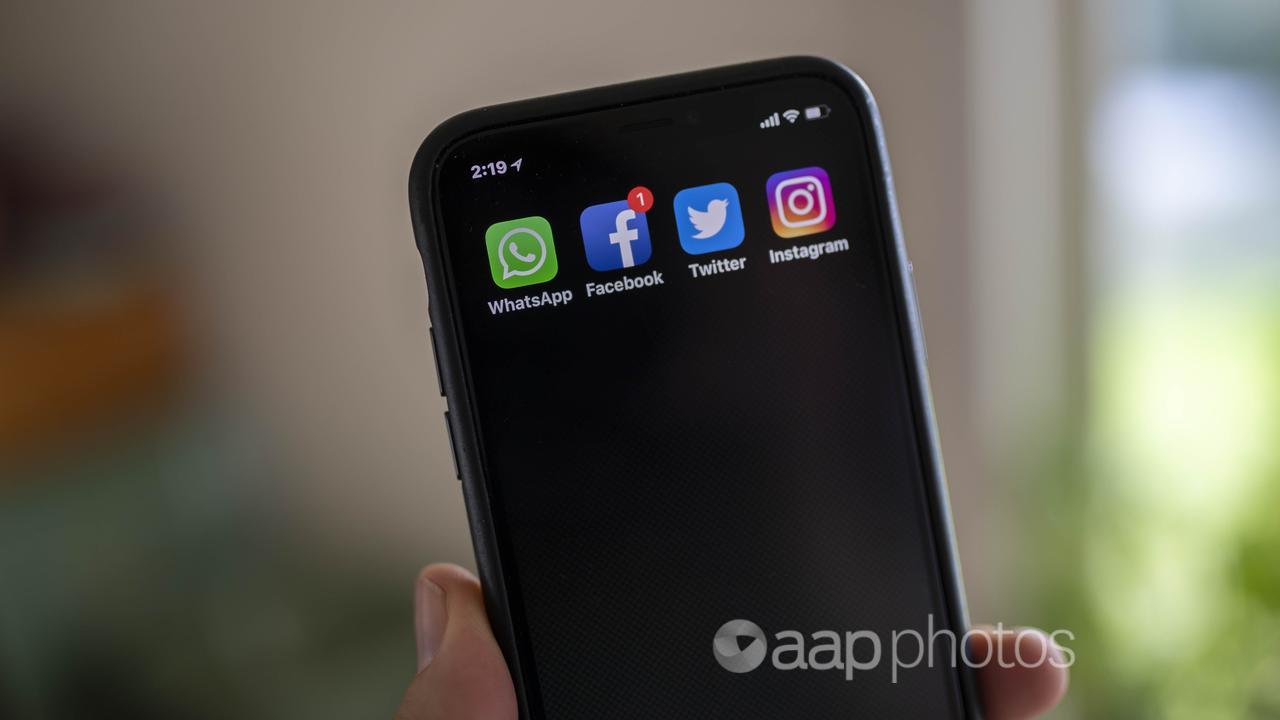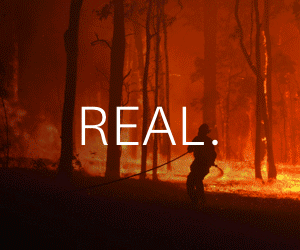Australians will face more misinformation, abuse and trolling online with Facebook and Instagram abandoning specialist fact-checking services, a senator says.
Meta announced on Wednesday it would scrap its third-party fact-checking program, starting in the US.
The Facebook parent company will instead rely on crowdsourced fact-checking contributions from users, similar to the Community Notes program used by Elon Musk’s social media platform X.
“It’s going to mean a free-for-all on misinformation, disinformation, abuse and trolling,” Greens Senator Sarah Hanson-Young told ABC radio on Wednesday
“This is a very, very dangerous move at a time when members of the community, parents, young people – women in particular – are increasingly concerned (about) the unsafe environment on these big platforms.”

A recent federal inquiry, which Senator Hanson-Young was part of, highlighted more Australians were concerned misinformation and disinformation than the global average.
An estimated 78 per cent of Australians are on at least one social media platform, with even higher proportions in younger populations.
Nearly half of all young Australian adults also turn to social media as their main source of news, according to a 2024 report by the federal media authority.
“Those spaces need to be safe and platforms should have a responsibility to do that,” Senator Hanson-Young said.
The fact-checking program typically involves journalists at internationally accredited agencies investigating and reviewing claims on social media through rigorous questioning, consideration of evidence and verification using multiple sources.
Posts deemed to be “False” or “Altered” have a fact-check article appended to them and may receive reduced distribution across Meta’s platforms Facebook, Instagram and Threads.
Australian fact-checking agency AAP FactCheck played a critical role in responding to disinformation with factual, objective journalism and through media literacy education, Australian Associated Press chief executive Lisa Davies said.
“Independent fact-checkers are a vital safeguard against the spread of harmful misinformation and disinformation that threatens to undermine free democratic debate in Australia and aims to manipulate public opinion,” she said.
“AAP FactCheck’s contract with Meta in Australia, New Zealand and the Pacific is not impacted by its US decision and our fact-checking work continues in 2025.”

Meta said it decided to end the program because expert fact-checkers had their own biases and too much content ended up being fact-checked.
“A program intended to inform too often became a tool to censor,” it said.
“We think (community notes) could be a better way of achieving our original intention of providing people with information about what they’re seeing – and one that’s less prone to bias.”
The boss of social network X welcomed Meta’s decision, saying the move “couldn’t be more validating” for its own decision to let users police content themselves.
Chief executive Linda Yaccarino’s statements come despite studies criticising X Corp’s crowd-sourced fact-checking program, Community Notes, which researchers said allowed misinformation to spread without verification.
“Meta realised that it’s the most effective, fastest fact-checking without bias,” she said.




















